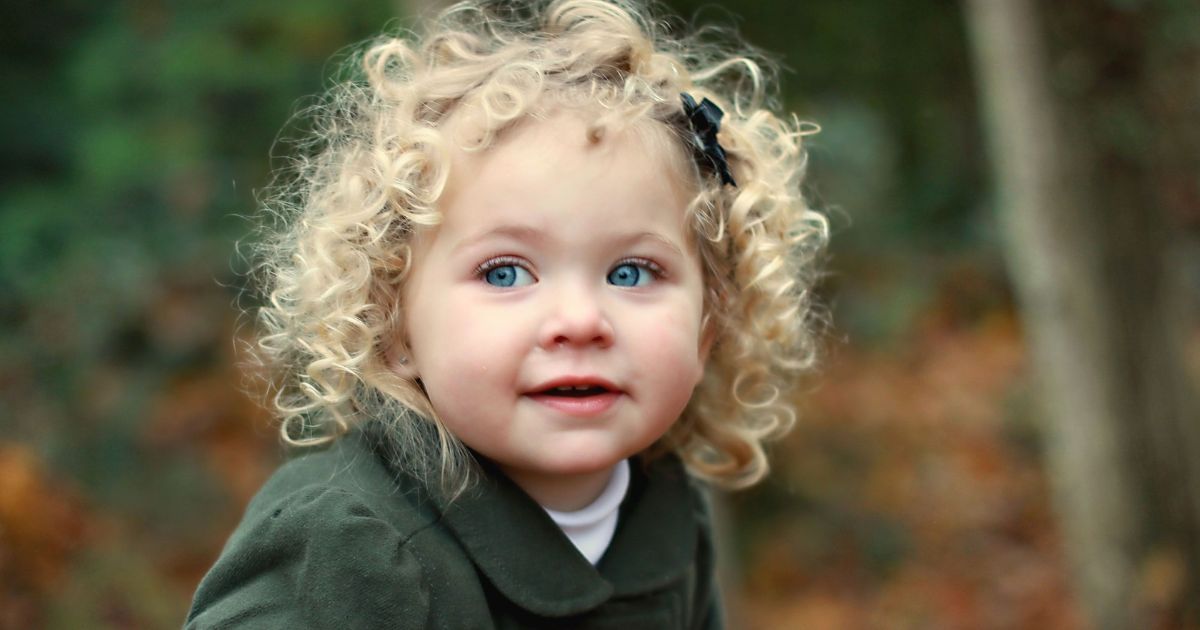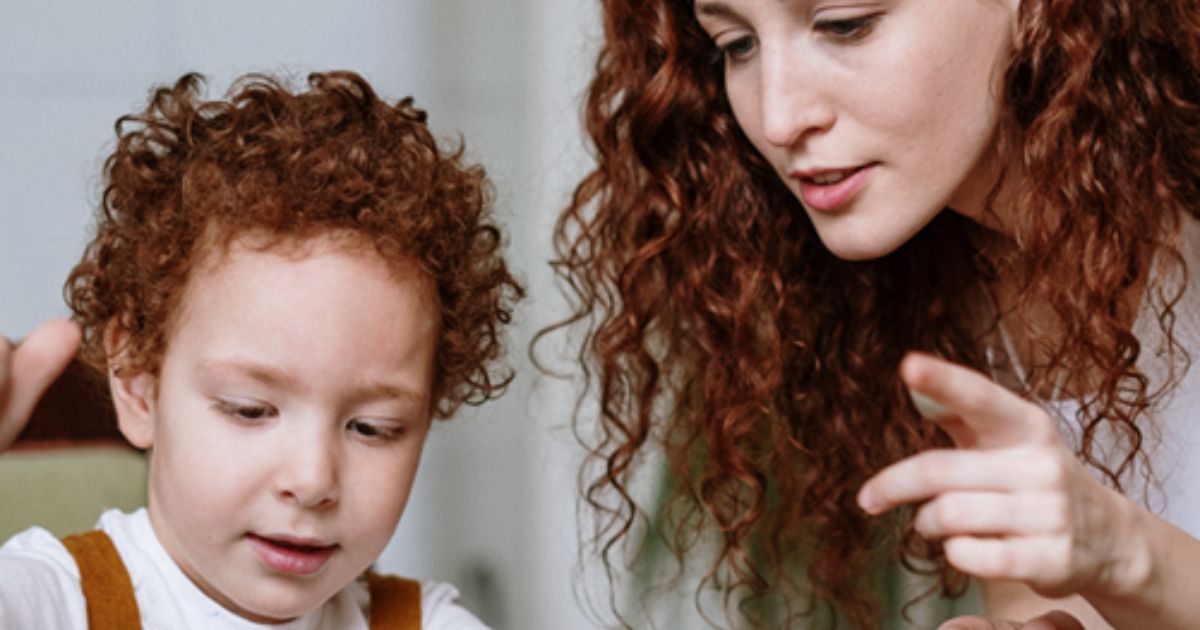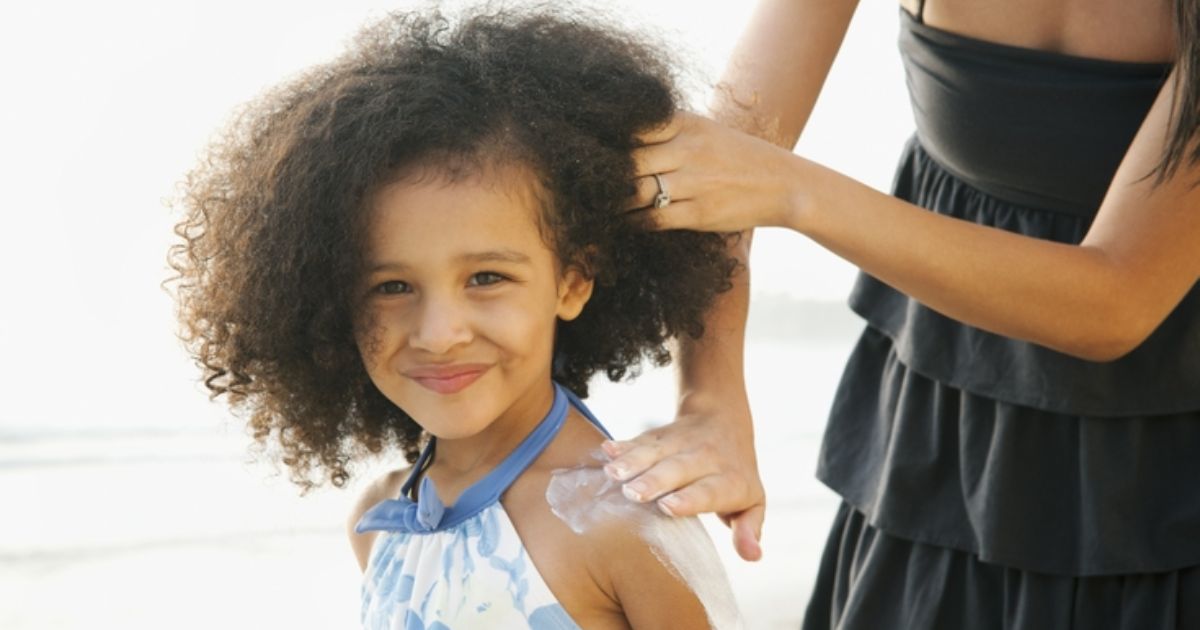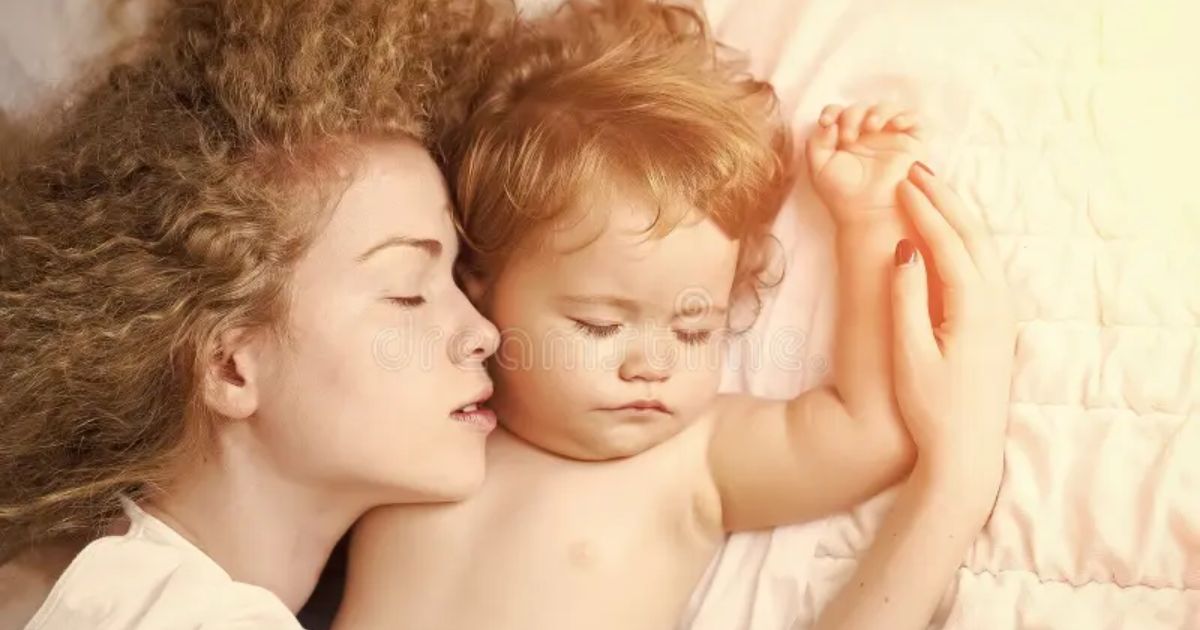Have you ever wondered if your baby will inherit your curly locks? Curly hair is like a thread that weaves through generations, connecting us to our ancestors. In this informative article, we will explore the fascinating world of hair genetics and unveil the factors that determine whether your little one will have straight, wavy, or curly hair. With evidence-based insights and practical tips, we will guide you on embracing your baby’s unique hair journey and celebrating their individuality. Let’s unravel the mysteries of curly hair together.
Key Takeaways
- Hair type, including curliness, is determined by genetic variations and the shape of the hair follicle.
- Multiple genes play a significant role in determining the curliness of hair.
- Curly hair inheritance is influenced by specific genetic variants and can be impacted by environmental factors.
- Analyzing the hair types of immediate family members can help anticipate the possibility of a baby having curly hair.
Understanding the Genetics of Hair Type
Understanding the genetics behind hair type depends on a combination of inherited genes and their interactions. Hair type is determined by the shape of the hair follicle and the amount of pigment-producing cells present. These factors are influenced by a variety of genetic variations, such as those involved in hair thickness, curliness, and texture.
By studying the genetic factors that contribute to hair type, we can gain a better understanding of why some individuals have straight, wavy, or curly hair.
Hair Texture: Straight, Wavy, or Curly
The determination of hair texture, whether it is straight, wavy, or curly, is influenced by a complex interplay of genetic factors and the structure of the hair follicle. Understanding the different hair textures can help individuals embrace their natural hair type and find suitable styling techniques. Here are three key points to consider:
- Hair texture is determined by the shape of the hair follicle.
- Straight hair has round follicles, while curly hair has oval or asymmetrical follicles.
- Wavy hair falls somewhere in between, with slightly oval follicles.
Understanding the role of genes in hair curliness further sheds light on the fascinating genetics behind our hair.
The Role of Genes in Hair Curliness
Genes play a significant role in determining the curliness of one’s hair. The variation in hair curliness is primarily influenced by the shape of the hair follicle. Genes control the production of proteins that contribute to the structure and shape of the hair follicle, which ultimately affects the curliness of the hair.
Multiple genes are involved in this process, and their interaction can result in a wide range of hair textures, from straight to wavy to curly.
Factors That Influence Curly Hair Inheritance
Factors that influence the inheritance of curly hair include genetic variations and environmental influences. Curly hair is determined by the presence of specific genetic variants that affect the shape and structure of hair follicles.
environmental factors such as humidity and hair care practices can also impact the appearance and texture of curly hair. Understanding these factors can help individuals better predict and understand the likelihood of their baby inheriting curly hair.
Analyzing Your Family’s Hair History
Understanding your family’s hair history can provide valuable insights into the likelihood of your baby inheriting curly hair. By examining the hair types of your immediate family members, you can gather information about the genetic factors that influence hair texture.
Take note of any patterns or trends, such as multiple family members with curly hair, as this increases the chances of your baby having curly hair. Consider creating a table to visually represent this information:
| Family Member | Hair Type |
|---|---|
| Mother | Curly |
| Father | Straight |
| Grandmother | Curly |
Analyzing your family’s hair history can help you anticipate the possibility of your baby having curly hair.
Predicting Your Baby’s Hair Type
To determine the likelihood of your baby having curly hair, examine the hair types of your immediate family members and identify any patterns or trends.
- Look at the hair of both parents and grandparents to see if curly hair runs in the family.
- Consider the hair textures of siblings and other close relatives.
- Take note of any variations or similarities in the curl pattern, thickness, and volume of hair within your family.
Curly Hair Traits: Nature Vs. Nurture
The influence of genetics and environmental factors on the development of baby curly hair can be debated when considering the traits of nature versus nurture. While genetics play a significant role in determining hair texture, studies suggest that environmental factors can also influence curl pattern.
For instance, factors like humidity, temperature, and hair care practices can impact the appearance of curls. Understanding the interplay between nature and nurture can provide valuable insights into the development of curly hair.
Debunking Common Hair Myths
One common hair myth that needs debunking is the belief that using excessive amounts of hair products will lead to healthier and more lustrous curls. In reality, this can actually have the opposite effect, causing buildup and weighing down the hair.
Other common hair myths include the idea that cutting your hair will make it grow faster and that brushing your hair 100 times a day will make it shinier. Let’s examine the evidence and separate fact from fiction.
Tips for Enhancing and Maintaining Curly Hair
When it comes to enhancing and maintaining curly hair, there are a few key tips to keep in mind. First and foremost, it is important to hydrate curly hair regularly to keep it moisturized and prevent frizz.
Avoiding excessive heat styling can help prevent damage and maintain the integrity of the curls. Lastly, using products and techniques that define curl patterns can help enhance and showcase the natural beauty of curly hair.
Hydrating Curly Hair
Enhancing and maintaining curly hair requires proper hydration. Here are some tips to keep your curls looking their best:
- Use a moisturizing shampoo and conditioner specifically designed for curly hair.
- Apply a leave-in conditioner to keep your curls hydrated throughout the day.
- Avoid over-washing your hair, as this can strip it of its natural oils.
Avoiding Heat Damage
To protect and maintain the health of your curls, it is crucial to avoid heat damage. Excessive heat from styling tools can strip your hair of moisture, leading to dryness, frizz, and breakage. Here are some tips to help you enhance and maintain your curly hair without subjecting it to damaging heat:
| Avoidance Tips | Protective Alternatives |
|---|---|
| Limit heat styling | Embrace air-drying or diffusing |
| Use low heat settings | Opt for heat protectant products |
| Minimize direct heat exposure | Try protective hairstyles like braids or buns |
| Deep condition regularly | Incorporate protein treatments for strength |
Defining Curl Patterns
To ensure the health and longevity of your baby’s curly hair, it is important to understand and define their unique curl patterns. Here are some tips for enhancing and maintaining curly hair:
- Determine your baby’s curl type (such as loose curls, ringlets, or coils) to tailor your hair care routine.
- Use sulfate-free and moisturizing products specifically designed for curly hair.
- Embrace natural drying methods like air drying or using a diffuser to minimize frizz and damage.
Embracing Your Baby’s Unique Hair Journey
Embracing your baby’s unique hair journey is an important part of their overall development and self-identity. Understanding proper hair care tips can help maintain the health and appearance of your baby’s hair, regardless of its texture or type.
Celebrating hair diversity not only fosters a positive self-image for your baby, but also promotes inclusivity and acceptance in our society.
Hair Care Tips
Parents can ensure proper hair care for their baby by implementing effective strategies that embrace their unique hair journey. Here are some helpful tips to keep in mind:
- Use a gentle shampoo specifically designed for babies’ delicate hair.
- Regularly moisturize your baby’s hair to prevent dryness and promote healthy growth.
- Be mindful of the hair accessories you use, opting for soft, non-damaging options.
Celebrating Hair Diversity
Hair diversity is a beautiful expression of each baby’s unique journey. Embracing your baby’s unique hair journey is essential in celebrating their individuality. Hair texture, color, and pattern are influenced by genetics, environment, and personal care practices.
Understanding and appreciating hair diversity can help foster a sense of belonging and self-confidence in your child. It is important to provide proper care and maintenance for your baby’s hair, while also acknowledging and embracing its natural beauty and uniqueness.
Frequently Asked Questions
Can I Change My Baby’s Hair Type Through Certain Products or Treatments?
While it is not possible to change a baby’s hair type through products or treatments, genetic factors play a significant role in determining hair texture. Understanding genetic inheritance can provide insight into potential hair characteristics in babies.
Are There Any Specific Ethnicities or Races That Are More Likely to Have Curly Hair?
Certain ethnicities and races are more likely to have curly hair due to genetic factors. This includes individuals of African, Afro-Caribbean, Mediterranean, and Oceanic descent. However, it’s important to note that hair texture can vary within and across ethnic groups.
Can Curly Hair Be Passed Down Through Both the Mother and Father’s Side of the Family?
Yes, curly hair can be passed down through both the mother and father’s side of the family. The inheritance of curly hair is determined by a combination of genetic factors from both parents.
Are There Any Health or Medical Conditions Associated With Having Curly Hair?
There are no specific health or medical conditions associated with having curly hair. However, curly hair may require more maintenance and care to prevent issues such as dryness, frizz, and tangles. Regular moisturizing and gentle handling can help maintain healthy curly hair.
Can the Hair Type of a Baby Change as They Grow Older?
Yes, the hair type of a baby can change as they grow older. Factors such as hormonal changes, genetics, and environmental influences can all play a role in determining whether a baby’s hair remains curly or becomes straighter over time.
Conclusion
In conclusion, understanding the genetics of hair type can help predict whether your baby will have curly hair. While genes play a significant role in determining hair curliness, other factors such as hair history and environmental influences also contribute. By embracing your baby’s unique hair journey and following tips for enhancing and maintaining curly hair, you can support their natural hair texture and help them embrace their beautiful curls.




